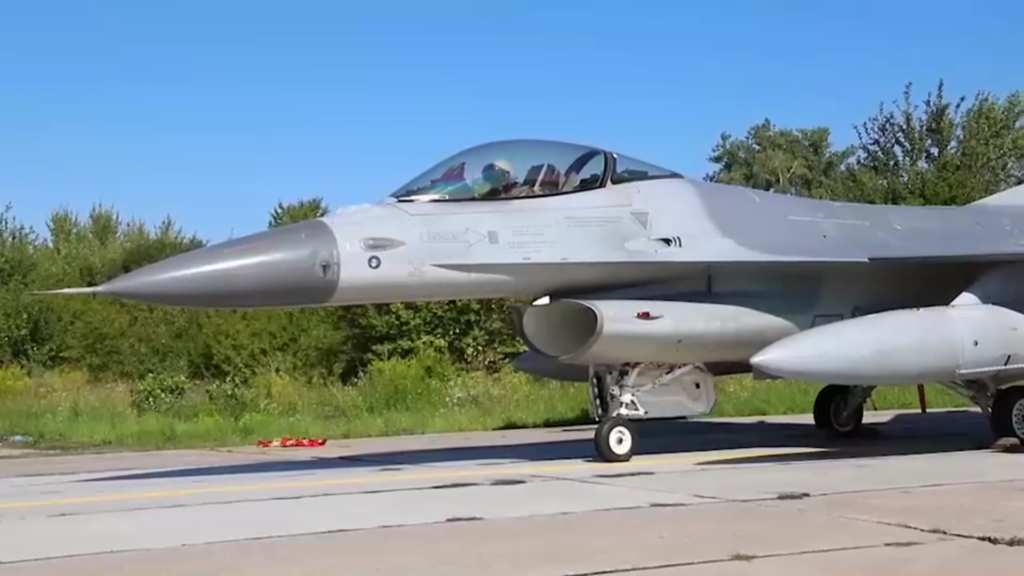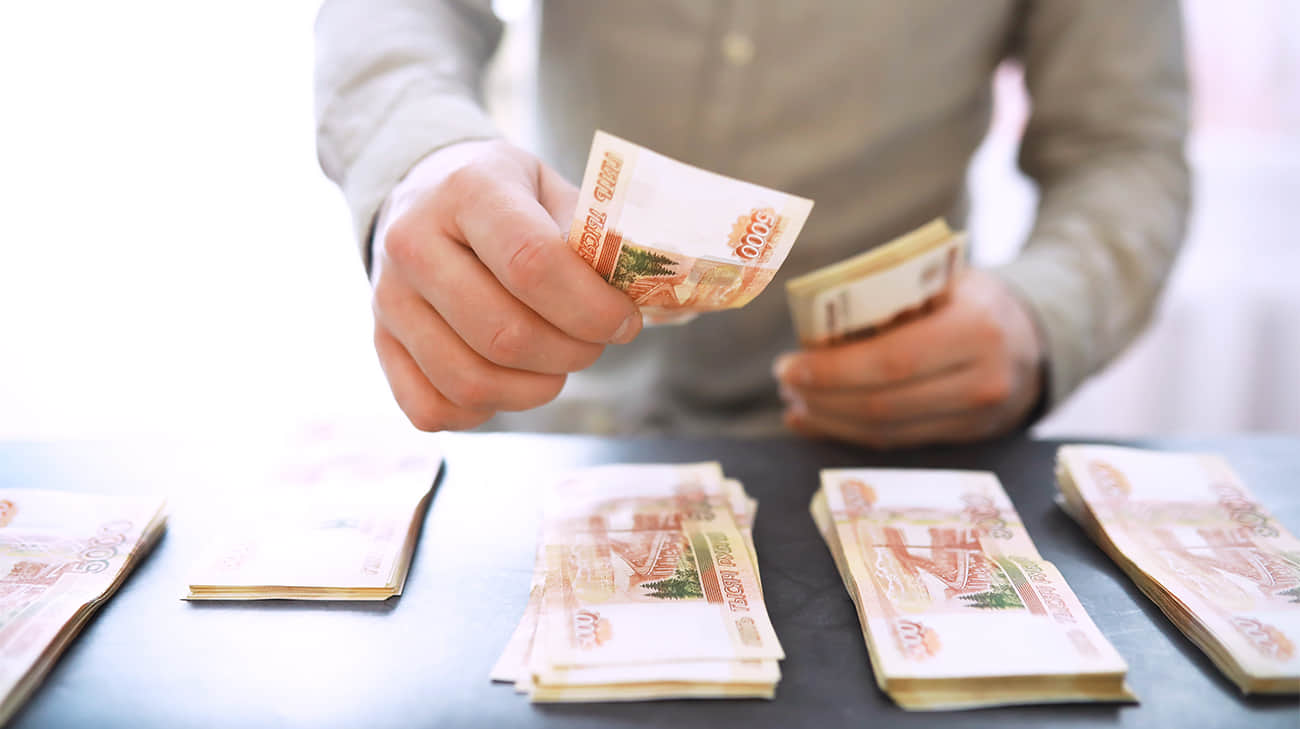Crossing the finish line with McLaren: Bianca Bustamante
Bianca Bustamante is a 'one to watch' within the motorsport industry since winning the China Grand Prix Kart Scholarship 4 times and the Macao International Kart Grand Prix three times.


Bianca Bustamante is a ‘one to watch’ within the motorsport industry. Kart racing since the age of five, now 19. She has won the China Grand Prix Kart Scholarship 4 times and the Macao International Kart Grand Prix 3 times. She speaks to City A.M., now as part of the McLaren driver development programme.
To start; tell us a little bit about your background and how you got into motorsport initially.
I grew up in a small town in the Philippines called Laguna. Motorsport wasn’t particularly popular there, so this made it quite tough to get into the sport initially.
My dad has a huge passion for racing so it was him that got me into it. We started watching races together and it became all we ever talked about. Before I knew it, I was driving my go-kart at six years old and began competing in both national and international events.
It’s not an easy sport to succeed in, if I wanted to have a career in racing I’d need to devote my entire life to it. I was homeschooled pretty much my entire life to ensure I had the time to train and compete.
How does it feel to be seen as an inspiration or trailblazing figure for other young girls and boys across the world?
I think people often see the cover of the book but not really the contents inside. They see me travel, they see me race, and they see me training in a cool facility, but I’m still just a teenager. There are still a lot of things I have to learn, which puts me under a lot of pressure. I also have to have the mental tenacity to manage a lot in my life whilst being so busy. This includes keeping in touch with my family and friends whilst trying to pursue greatness in my career.
I also need to find time for personal growth and happiness, which sometimes gets put aside when you’re trying to be the very best you can be in sports. Sometimes you let yourself go and finding time to remind yourself who you are as a person is hard.
I love what I do, but the external things that come with being an athlete. Dealing with the media and having to pretend to 500,000 people that I’m fearless even though I feel nervous.
At the end of it, there’s so much joy whenever you cross that finish line because you know that all the hard work has paid off.
How are things going on the track as part of McLaren’s Driver Development Programme?
The fact I’m the first female in history to join McLaren’s Driver Development Programme is something I am proud of. My goal is to continue to build the sport and use my platform to inspire as many women as possible. I have a great platform to reach several people and pass the torch over to the next batch of McLaren drivers.
I want to give more opportunities to countries like the Philippines or South-East Asia more generally. It’s an amazing opportunity for me to be on the front line of the sport as it evolves into something beautiful. One day we might see the paddock brimming with women, not just as drivers but as engineers, mechanics, pit crew, and beyond.

What does an average week of training look like for you?
I’ll have training camps both mid-season and post-season, where I’ll probably train for seven days straight from 8 am until 5 pm. This will include everything from mental and physical training, improving my reaction time, testing coordination, and weightlifting. People don’t realise how strong you need to be to withstand all that G-Force and to be able to hold your body as you’re breaking into each corner. There’s also a lot of focus on my neck, as it’s a muscle that a lot of people don’t train but it’s so important when you’re racing.
What steps do you take to recover properly after both training and race days?
Recovery is very important to me. I struggle with my weight as it tends to fluctuate quite a lot, just because of my metabolism.
I’m like a rabbit – I’ve got high energy and my resting heart rate is 100-105, even when I’m sitting down, so I’ll always burn lots of calories. During race weekends, I’ll eat up to four times a day. We also do a lot of cardio and plyometrics in training, so I often get dehydrated and low on energy.
It’s also common to get dehydrated when you’re training. It sometimes hits between 45-50℃ in the cockpit while you’re wearing fireproof clothing and a helmet, so we need to know how to take care of our bodies. I hydrate as much as I possibly can in the days before the event. I’ll also drink lots of sparkling water as it’s high in magnesium salts – this helps me to feel 100% on race days.
How does your diet change as you build up to a race?
I always think ‘You are what you eat’, but I’m not disciplined enough in what I eat in reality. All I tend to find myself eating is chicken breast and rice because it’s high in both protein and carbs. I’ll normally eat this three to four times a day and throw in a few snacks or Optimum Nutrition protein bars. This helps to repair my muscles and avoid injury even when I’m not eating particularly well. If I’m really tired, I’ll always reach for protein because I know it’ll help me feel better.
Bianca Bustamante was speaking on behalf of Optimum Nutrition, the Official Sports Nutrition Partner of McLaren Racing.



